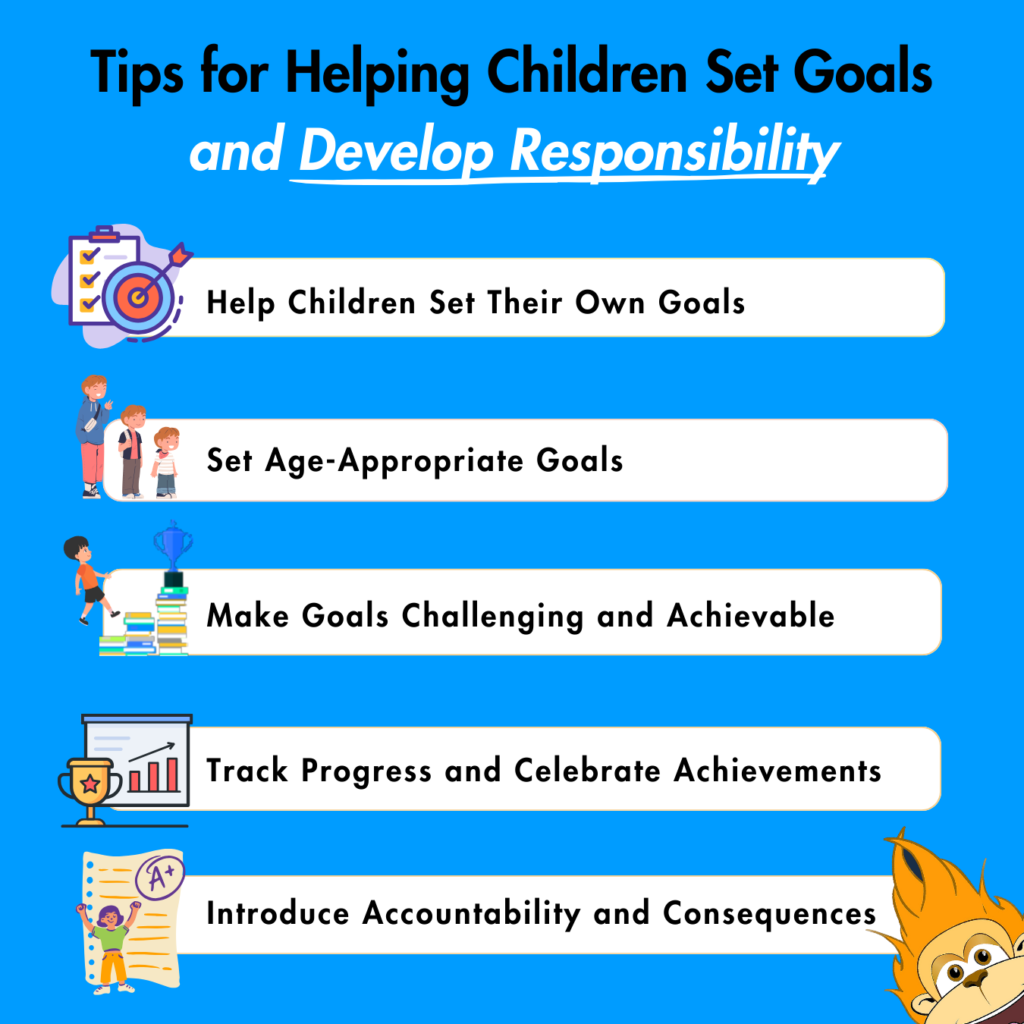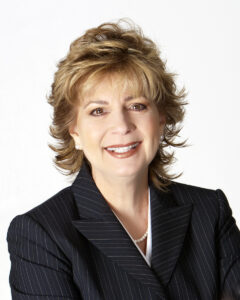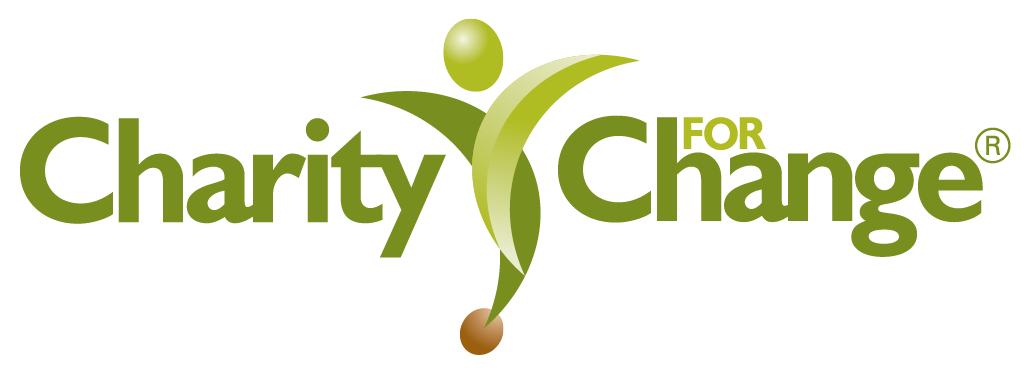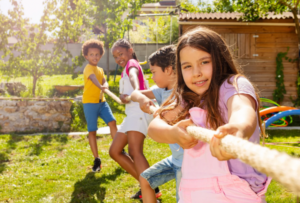Our joint mission as educators and parents is to foster responsible kids. Instilling a sense of responsibility from a young age improves children’s academic performance and creates a foundation for success in many aspects of life. But how can we help them become responsible individuals?
As the new year begins, many are making resolutions. For elementary-age children, research has proven that goal-setting is a powerful tool to nurture responsibility. For teachers and parents looking for ways to help children develop responsibility, this article explores goal-setting as a tool and offers practical strategies.
The Importance of Developing Responsibility During Childhood
Developing responsibility at a young age has many benefits that are crucial to their well-being.
1. Increases resilience: Responsible children exhibit enhanced organizational skills, resilience, and improved academic performance (Lounsbury, 2004).
2. Builds self-efficacy: Self-efficacy refers to an individual’s confidence in their ability to achieve specific goals (Bandura, 2018). Setting and achieving goals boosts a child’s belief in their own abilities. A strong sense of self-efficacy contributes to the development of responsibility by instilling confidence in their ability to handle tasks.
3. Long-term success in life: Research consistently reveals the role of responsibility in long-term success (Lounsbury, 2004).
4. Improves academic performance: Research has consistently revealed the role of responsibility in long-term success (Lounsbury, 2004).
5. Builds confidence: Giving children the freedom to set a goal themselves allows them to experience their ability to accomplish things that are meaningful to them. These accumulated achievements deepen a belief in themselves.
The Link between Goal Setting and Responsibility
When children set specific, achievable goals, they are more likely to take ownership of their tasks. This feeling of ownership lays the foundation for a sense of responsibility (Zimmerman & Schunk, 2001).Setting clear, challenging goals also increases children’s motivation and performance (Moore, 2019). When they set and achieve a goal, they see how their actions cause the results they want. This experience of positive consequences helps them understand the role of personal responsibility.
Tips for Helping Children Set Goals and Develop Responsibility

- Help Children Set Their Own Goals
Parents and educators can ask children about their interests, strengths, and areas for improvement. Discuss the goals they need to achieve what’s most important to them. This collaborative approach helps children set goals with personal significance, which generates stronger motivation and a higher likelihood of success.
- Set Age-Appropriate Goals
When it comes to goal-setting for elementary-aged children, it’s crucial to keep the goals age-appropriate. For example, a first grader could ask for their own pet and set a goal to feed pets. A fifth grader could set a goal to earn money doing yard work.
- Make Goals Challenging and Achievable
Unrealistic goals lead to frustration. Overly simple goals, however, may not stimulate growth. Encourage children to set goals that challenge themselves while being within their reach.
- Track Progress and Celebrate Achievements
Regularly acknowledging progress is a crucial aspect of goal-setting. Implementing a system of rewards, such as praise, small incentives, or a progress chart, motivates children to stay committed.
- Accountability and Consequences
Introducing the concept of accountability and consequences helps children understand the real-world implications of their actions. Asking children to reflect on the outcome of their choices fosters a sense of responsibility for their actions.
Sir Winston Churchill once said, “The price of greatness is responsibility.” Give children the freedom and trust to take ownership of their actions and work towards becoming responsible individuals. Let them reach for their own idea of greatness.

Karen Conley
President, CEO and founder of Charity for Change
References:
American Academy of Child and Adolescent Psychiatry (2018). Chores and Children. Retrieved from https://www.aacap.org/AACAP/Families_and_Youth/Facts_for_Families/FFF-Guide/Chores_and_Children-125
Lounsbury, J. H., Fisher, L. A., Levy, J. J., & Welsh, D. P. (2004). An investigation of the personality traits of artists and scientists. Personality and Individual Differences, 36(1), 37-48.
Moore, C MBA (2019). What is Locke’s goal-setting theory of motivation? PositivePsychology.com. Retrieved from https://positivepsychology.com/goal-setting-theory/Apr 2019





